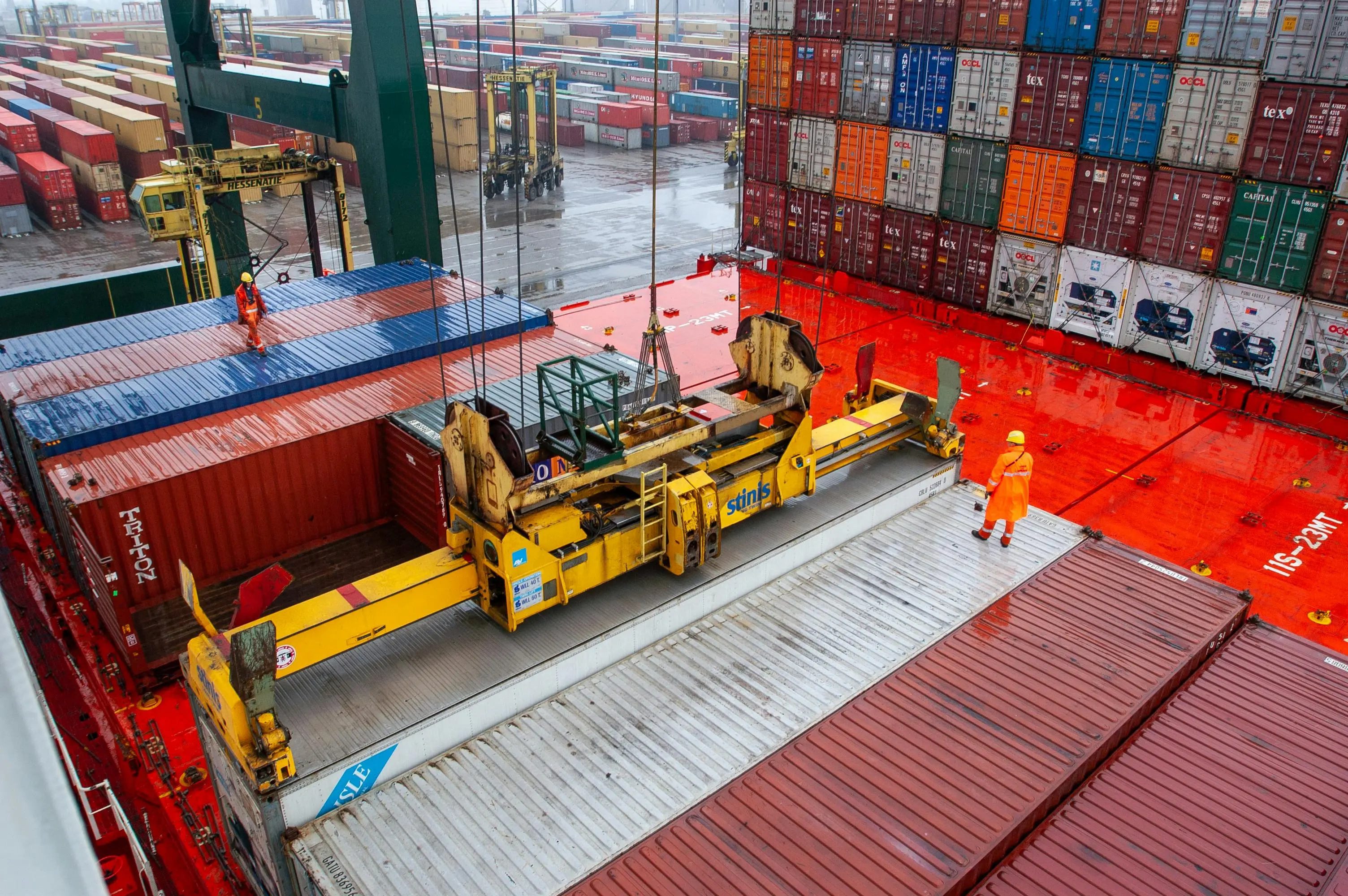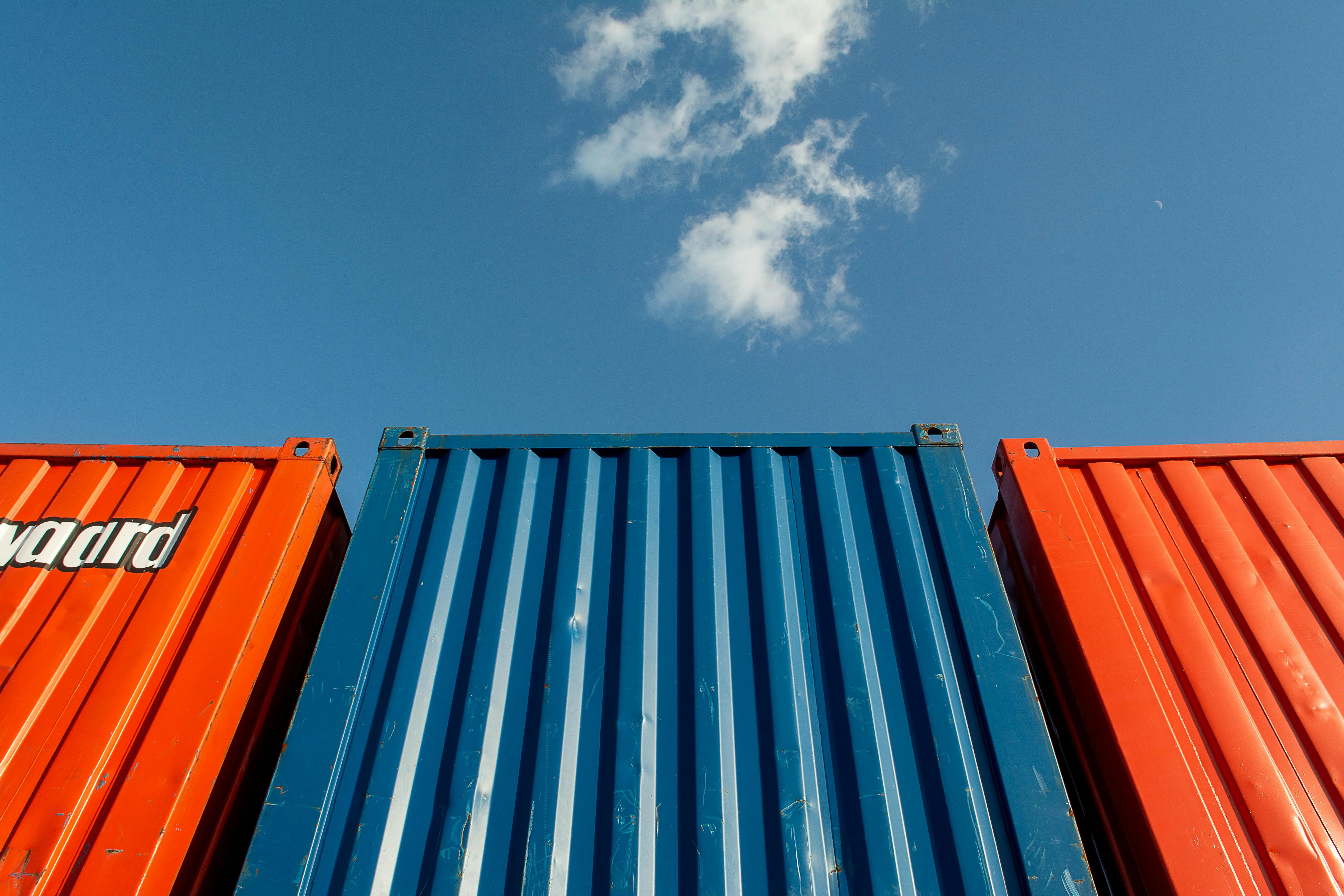The Ultimate Guide to Freight Insurance: Protecting Your Cargo in Transit
Understanding Freight Insurance: Coverage, Costs, and Claims Process for Air, Sea, and Land Shipping

December 5, 2024
When shipping valuable cargo across the globe, one damaged or lost shipment can significantly impact your bottom line. That's where freight insurance comes in – but many shippers don't fully understand what it covers or when they need it. Let's break down everything you need to know about protecting your shipments.
What is Freight Insurance?
Freight insurance provides financial protection for your cargo during transit. While many assume carrier liability will fully protect them, that coverage is typically limited – often to just $500 per package or container. Independent freight insurance, on the other hand, can cover the full declared value of your goods if they're damaged, lost, or stolen during transport.
Types of Coverage Available
Understanding the different types of freight insurance is crucial as each mode of transportation comes with its own unique risks and challenges. Your choice of coverage should align with your specific shipping needs and the potential risks your cargo might face. Let's explore the main types of coverage available:
Marine Cargo Insurance
Protects against perils at sea like rough weather, sinking, and collisions
Can cover port-to-port transit or door-to-door service
Often includes protection against "general average" incidents where cargo may need to be sacrificed to save the vessel
Air Freight Insurance
Covers damage or loss during air transport
Usually provides faster transit times but faces unique risks during loading/unloading
Can include coverage for connecting ground transportation
Land Freight Insurance
Protects goods moving by truck or rail
Covers accidents, theft, and damage during ground transportation
May include coverage for temporary storage
What Does Freight Insurance Cover?
Insurance coverage can vary significantly between providers and policies. Before purchasing any freight insurance, it's essential to understand exactly what events and circumstances are covered under your policy. Here's what you can typically expect to be included and excluded:
Standard freight insurance typically covers:
Physical damage from accidents or mishandling
Theft and pilferage
Natural disasters
Loading and unloading damage
Total loss of cargo
Common exclusions include:
Improper packaging
Inherent vice (natural deterioration)
Delay damages
Employee dishonesty
War and strikes (unless specifically added)
Understanding Insurance Costs
The cost of freight insurance is often a major consideration for shippers, but it's important to view it as an investment rather than an expense. While premiums may seem significant initially, they're typically quite reasonable when compared to the potential cost of uninsured loss or damage. Here's what influences the cost:
The cost of freight insurance typically ranges from 0.3% to 0.5% of the cargo's declared value. Several factors influence the premium:
Type and value of goods
Mode of transport
Shipping route and destination
Loss history
Level of coverage selected
Packaging quality and security measures
Carrier Liability vs. Freight Insurance
Many shippers mistakenly believe that carrier liability provides sufficient protection for their cargo. However, understanding the key differences between carrier liability and freight insurance is crucial for making informed decisions about protecting your shipments. Here's how they compare:
Carrier Liability
Limited compensation (often $500 per package)
Requires proof of carrier negligence
Complex claims process
Many exclusions
Freight Insurance
Covers full declared value
No need to prove fault
Straightforward claims process
Broader coverage options
Making a Claim
The claims process can be stressful, but being prepared and knowing the proper steps to take can make it much smoother. Speed and accuracy are crucial when documenting damage and filing a claim. Follow these essential steps:
If your shipment is damaged:
Document the damage immediately upon receipt
Take detailed photos
Note damages on the delivery receipt
Contact your insurance provider promptly
Maintain all relevant documentation
Choosing the Right Coverage
Selecting the appropriate freight insurance coverage requires careful consideration of multiple factors. Your decision should be based on both your specific shipping needs and your risk tolerance. Consider these key factors:
When selecting freight insurance, consider:
The value and nature of your goods
Your shipping routes and methods
Your risk tolerance
Your budget
Your past claims experience
Why Work with a Professional Freight Forwarder
Working with a professional freight forwarder brings expertise and experience to your shipping operations. These professionals understand the complexities of international shipping and insurance requirements, helping you navigate potential pitfalls. A knowledgeable partner can make all the difference in protecting your cargo:
A knowledgeable freight forwarder can:
Help assess your insurance needs
Recommend appropriate coverage levels
Guide you through the claims process
Leverage relationships with insurers
Provide competitive rates
Protecting Your Investment
Don't leave your valuable shipments to chance. While freight insurance adds to your shipping costs, the protection it provides far outweighs the risk of uninsured loss. Work with an experienced freight forwarder to ensure your cargo has the right coverage for its journey.







